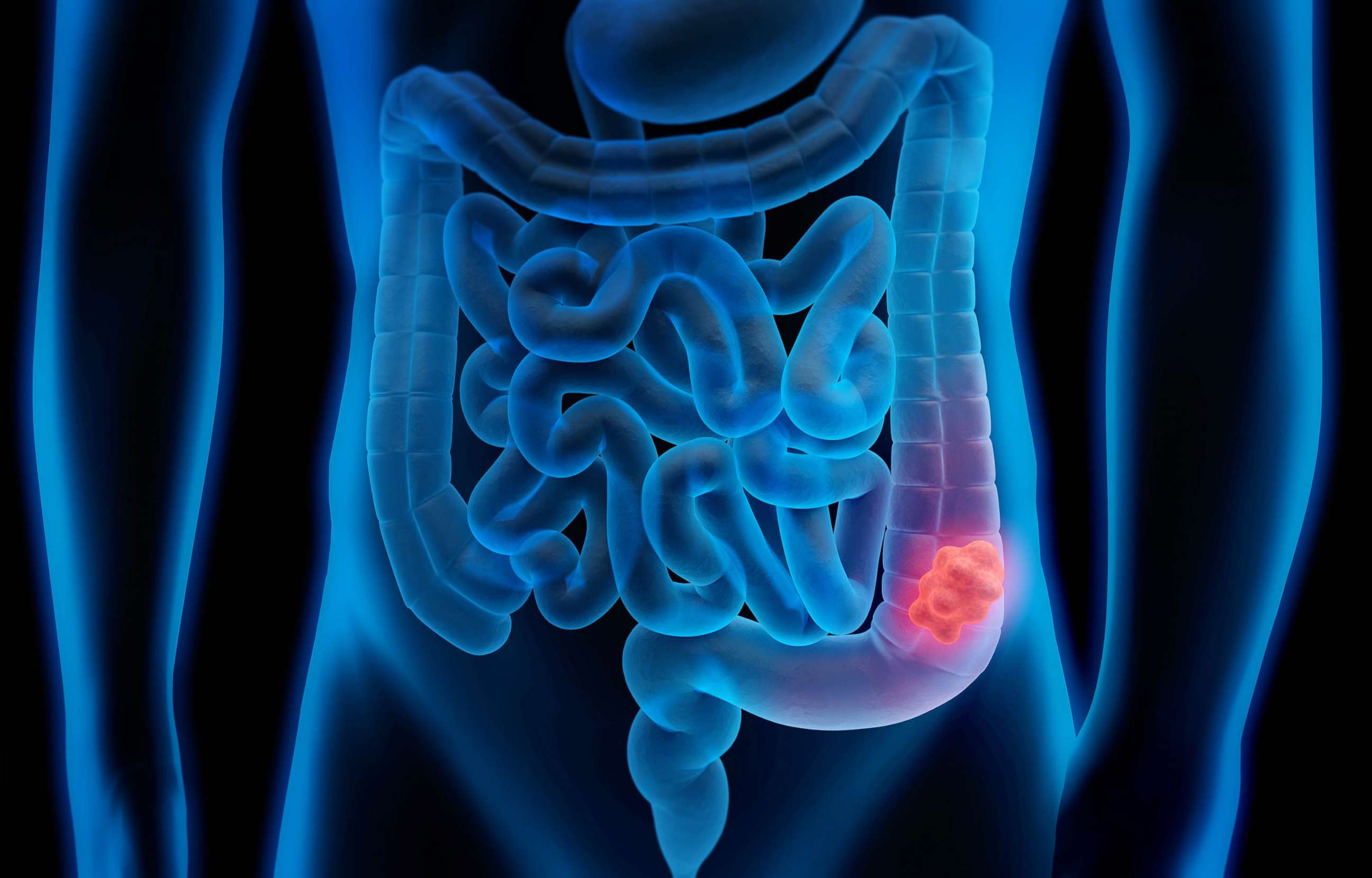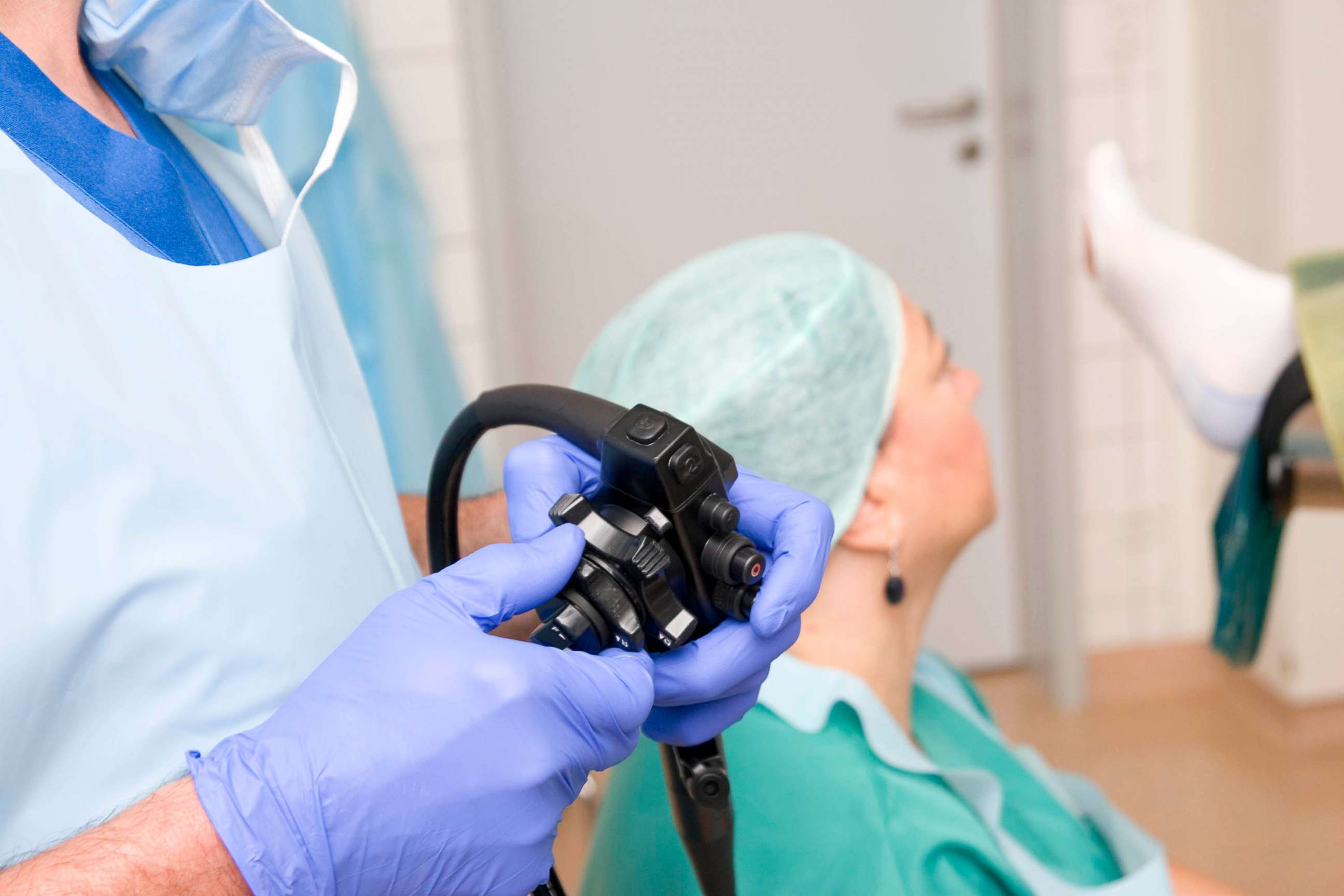With young people getting colon cancer at high rates, doctors highlight importance of screening
Obesity, diet, or environmental factors could be playing a role.
A major new study has found that more and more young people are being diagnosed with late-stage colon cancer, prompting renewed calls among doctors for early detection and screening.
Researchers from University of Colorado School of Medicine analyzed data from more than 100,000 people with adenocarcinoma, a more aggressive cancer that's more likely to be caught in later stages.
They found that young patients 20-29 years old have had the highest increase in rates of new colon cancer cases diagnosed and are more likely to be in the distant stage of cancer when diagnosed, meaning the cancer has already spread. In particular, subgroups of non-Hispanic Black and Hispanic participants had the highest increases.
"Studying cases of adenocarcinoma alone is important, because those are the ones we're trying to prevent with screening and risk factor identification," explained study author Dr. Jordan Karlitz, chief of gastroenterology at Denver Health Medical Center.
The United States Preventive Services Task Force (USPSTF), the leading organization on preventative medicine, recently changed the screening guidelines for colon cancer from age 50 down to age 45, after reviewing these recent trends of increasing cases of colon cancer in younger people.
As for why these rates might be rising, risk factors such as obesity, diet, or environmental factors could be playing a role, said Dr. Jay Bhatt, a primary care physician and ABC News contributor.
Karlitz noted another factor that could explain this trend is delay in diagnosis.

At the first symptom, younger people may not seek colon cancer screening immediately because of a misconception that it's an unlikely diagnosis. This can delay diagnosis, which gives the cancer time to progress to a later stage. These delays can be avoided with timely screening, according to Karlitz.
Common symptoms to look out for include rectal bleeding, persistent abdominal pain or fullness, and unexplained weakness.
"I actually discuss it with all patients over 40 to prepare them and if they had early colon cancer diagnosis in their family, it is even more important," Bhatt said about colon cancer screening.
This study does not factor in family history. If a family member has colon cancer, it can significantly raise the risk of developing colon cancer. Doctors recommend people with risk factors like family history and genetic syndromes such as Lynch syndrome to speak to their doctors as they may need earlier screening. Karlitz suggests holidays and family gatherings are a great time to be proactive and ask your family their medical history.

"If you're 45 years old, get screened on time -- do not wait. If you are under 45, report concerning symptoms to your provider and report your family history to your provider -- it can be lifesaving and impactful to prevent the development of colorectal cancer or at least advanced disease," added Karlitz.
Vanya Jain is a medical student from New Jersey Medical School, working with the ABC News Medical Unit.




